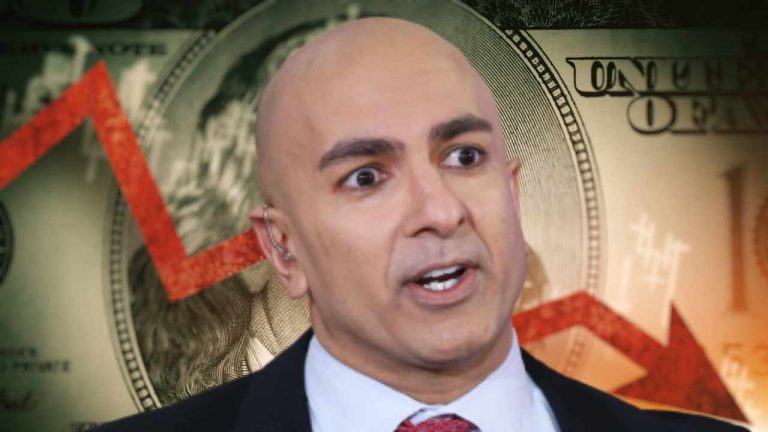A critical Etheruem implementation, EIP-1559, is drawing closer. However, some Ethereum miners are opposed to the update.
EIP-1559 Sparks Debate
Members of the Ethereum community are facing a roadblock over EIP-1559.
Discussions surrounding the update surfaced in the #1559-fee-market thread of the Eth R&D Discord channel this week. During the debate, miners contested the update, pointing to the risk of centralization and attacks.
EIP-1559 involves burning gas fees and hopes to reduce the spikes when the network is congested.
Tim Beiko, a coordinator for the various implementers and researchers working on EIP-1559, explained to Crypto Briefing how the update should benefit the network:
“It makes it easier for transactions to be included. First, it makes the price a transaction should pay to be included explicit in the protocol, by having the ‘base fee’ in the block header. It also allows blocks to be up to ‘200%’ full, meaning on average blocks have room for marginal transactions, which means that your transaction is included quicker than today.”
The “base fee,” the minimum a transaction needs to pay to be included in a block, also needs to be burned to avoid being manipulated by miners. Therefore, when the demand for transactions increases, so does the amount burned.
It creates deflationary pressure that Beiko refers to as an “ETH buyback” for holders.
Key Ethereum figurehead Eric Conner first proposed the EIP-1559 update, and the team has been working on it for the last year. Once Ethereum 2.0 completes, it could make ETH a deflationary asset.
Miners Oppose Update
Ethereum miners will lose revenue from part of the transaction fees being burned, though Beiko notes that they’ll “still receive the full block rewards, as well as ‘tips’ for each transaction.”
Opposition to EIP-1559 was evidenced in the Discord conversation this week when a few miners shared their thoughts on potential centralization issues and attacks.
One user going by the alias “JustAResearcher” said that “miners will start colluding if you attack our revenue stream.”
Another called “Super.” wrote, “I honestly think the hodlers do not deserve any of the profits the miners make.” Super. went on to claim that EIP-1559 would make the network more centralized.
Their theory is that when mining becomes less profitable for users once gas fees are burned, it could be dominated by a small number of entities with larger-scale mining infrastructure.
Beiko countered their arguments, stating that there should be a link between the network’s usage and its value.
“It’s been proven (in Tim Roughgarden’s analysis) that 1559 doesn’t make collusion or attacks easier,” he told Crypto Briefing. While it would be a problem if 51% of miners opposed the update, a proof-of-work network would also lose security if over 51% of miners were able to collude.
Ethereum Readies Supply Reduction
Many members of the Ethereum community share Beiko’s viewpoint. By reducing the supply of tokens with EIP-1559, ETH holders benefit from the asset becoming more scarce and the long-term security it brings to the network.
Discussions over the update continued on Twitter.
When one user suggested that EIP-1559 “needs to be shipped” now, Beiko posted a thread stating why he thinks a later implementation could be more beneficial.
FWIW I disagree 1559 is ready to ship now. Shared my thoughts on the discord, but TL;DR:
1. Not all clients have an implementation, none has a "final" one;
2. We still haven't addressed the main pushback from AllCoreDevs (testing large blocks with large state). ETA: a few weeks https://t.co/jH0sU02DNz
— Tim Beiko | timbeiko.eth (@TimBeiko) January 12, 2021
It’s currently planned to follow Berlin, a hard fork of Ethereum’s proof-of-work blockchain.
Beiko suggested that Berlin is “almost done” and could be followed by EIP-1559, depending on other factors.
“It will be ready for AllCoreDevs to consider including in the next fork,” he said. “Hopefully we see [that] in 2021.”
Disclosure: At the time of writing, the author of this feature owned ETH, among a number of other cryptocurrencies.

 3 years ago
251
3 years ago
251 

